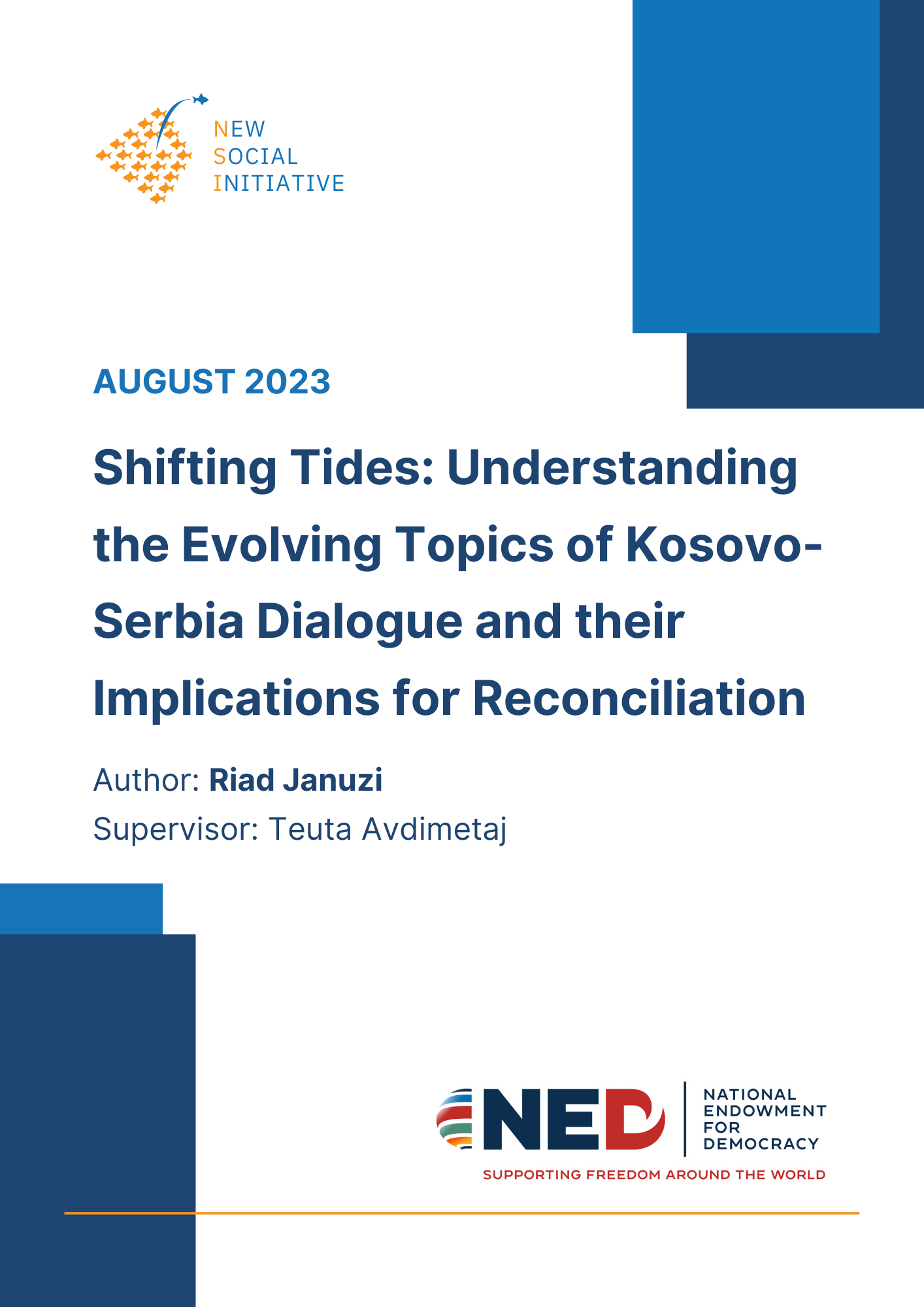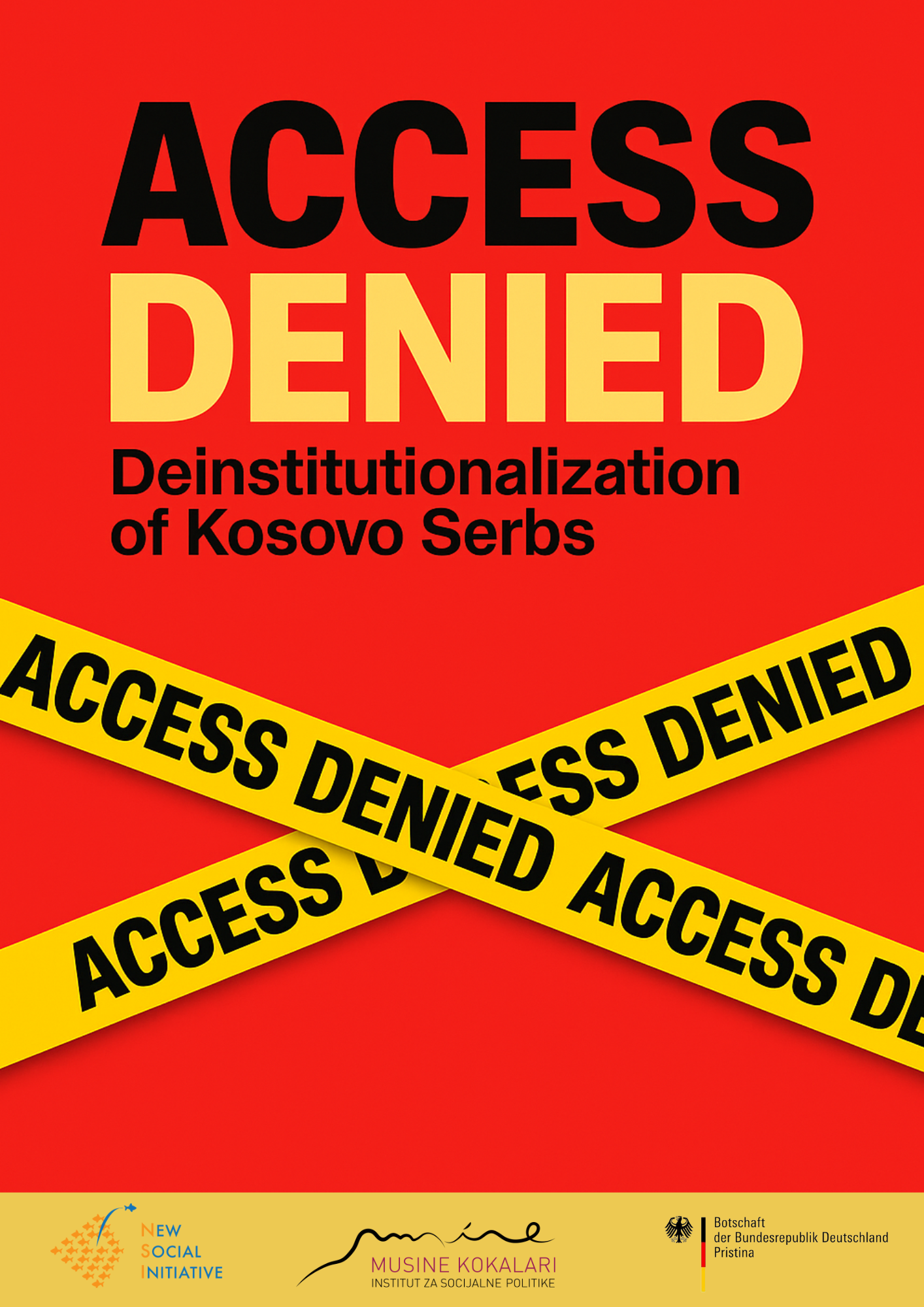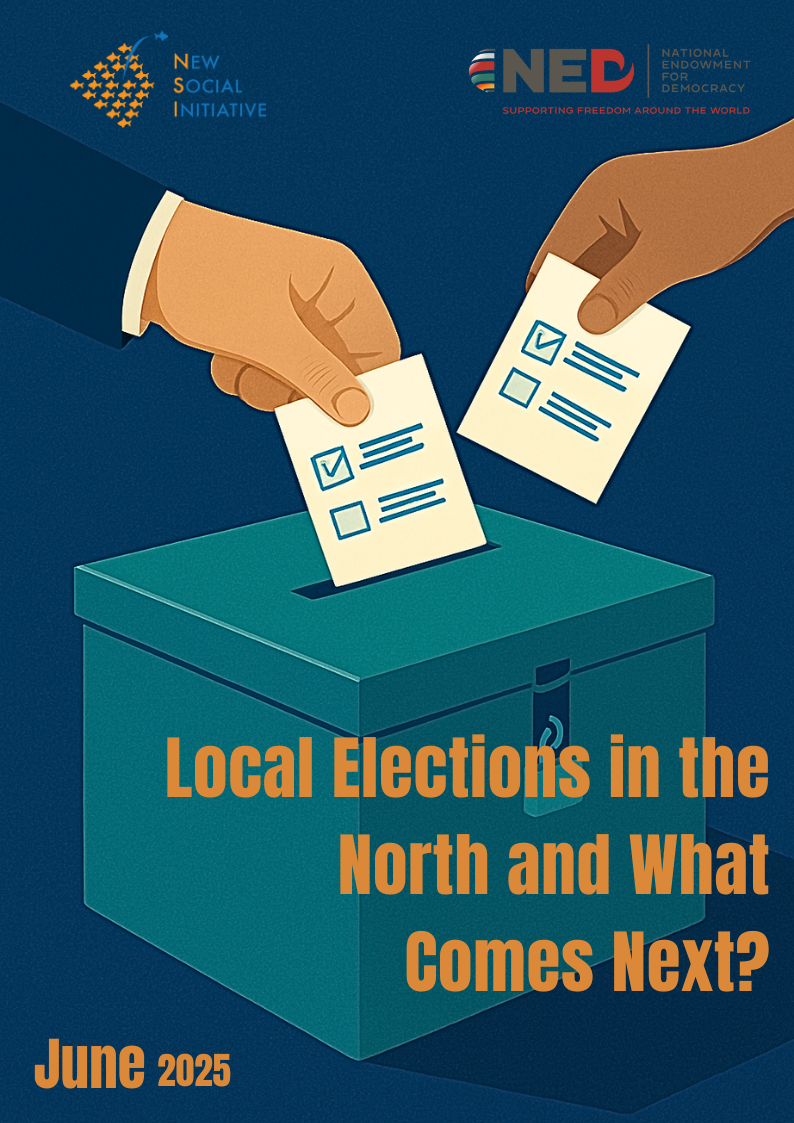The dialogue between Kosovo and Serbia began in March 2011 when Kosovo’s Chief Negotiator Edita Tahiri and the then-leader of the Serbian delegation Borko Stefanovic sat down for the first time at an EU-facilitated meeting. This initial stage of the dialogue or the technical dialogue focused on practical issues affecting people’s lives such as freedom of movement, civil registry, and customs. With the signing of the First Agreement of Principles Governing the Normalisation of Relations in April 2013 or the ‘Brussels Agreement’, the nature of the dialogue shifted to include more substantial topics, including energy, telecommunications, and the establishment of an Association/Community of Serb-majority municipalities in Kosovo (ASM/CSM). This agreement also included issues of integration of Justice, Police and Civil Protection-Serb parallel structures (in northern municipalities) into the system of Kosovo and the holding of Local Elections in the four northern municipalities (Leposavić/Leposaviq, Zubin Potok, North Mitrovicë/a and Zvečan/ Zveçan) under the jurisdiction of Kosovo. Between 2016 and 2018, dialogue efforts focused on addressing the challenges in the implementation of agreements reached in the previous stages, especially regarding the establishment of the (ASM/CSM) which raised political and constitutional issues within Kosovo. From 2019 to 2020, with new political leadership in both Kosovo and Serbia, the dialogue witnessed a recalibration. Discussions focused on economic normalization, with talks about direct flights, rail links, and other economic cooperation, culminating with the signing of the ’Washington Agreement’ facilitated by the United States. In the more recent years, the dialogue has addressed the painful issue of missing persons from the conflicts in the 1990s, aiming to provide closure to affected families.





